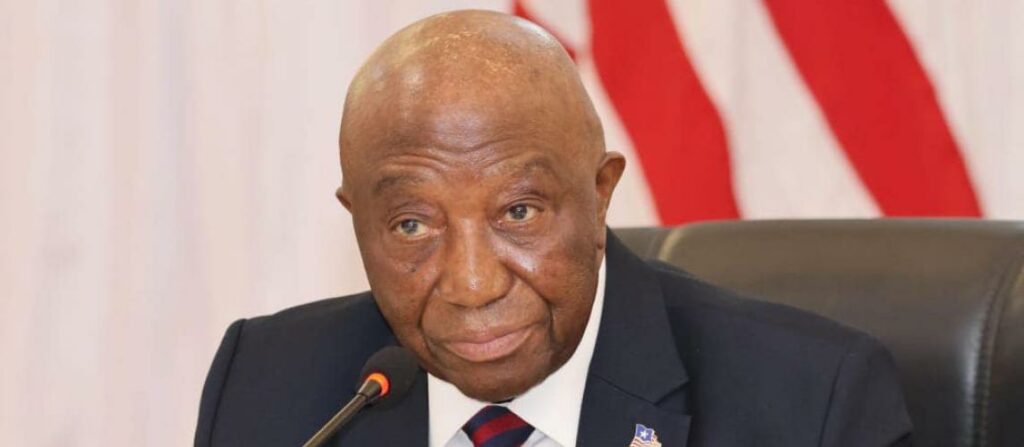The proclamation has called upon the Ministry of Health and other Government Agencies, as well as International Organizations concerned to initiate and execute programs to mark the commemoration of the day
The President of the Republic of Liberia, His Excellency Joseph Nyuma Boakai, Sr., has, by proclamation, declared Friday, April 25, 2025, as “World Malaria Day,” and is to be observed throughout the Republic as a Working Holiday. According to a Foreign Ministry release, April 25, 2025 is the 18th World Malaria Day, which will be celebrated under the global theme: “Malaria Ends with Us: Reimagine, Reignite,” and the local slogan “Zero Malaria Starts with me.” The Government of Liberia, realizing the significance of protecting the wellbeing of its citizens and foreign residents, has ratified the Convention on the Right of the Child to good health and nutrition and, as a member of the World Health Organization (WHO), will join other global health partners in supporting all health programs aimed at achieving Universal Health Coverage (UHC), with the guiding principle to Leave No One Behind. The proclamation has called upon the Ministry of Health and other Government Agencies, as well as International Organizations concerned to initiate and execute programs to mark the commemoration of the day.
The proclamation says the 2024 Malaria Report shows about 94% of the estimated 263 million malaria cases and 95% if the estimated 597,000 malaria-related deaths occurred in the WHO/AFRO Region, and with under-five years accounting for 76% of malaria-related deaths in the region. According to the Presidential proclamation, continued investments in Malaria prevention and control will propel malaria-endemic countries, which include Liberia, along the path to achieving the targets of the Global Malaria Technical Strategy and the Sustainable Development Goals, especially those related to improving child survival and maternal health, eradicating extreme poverty, and expanding equitable access to quality health services, specifically for malaria prevention and prompt treatment. Cognizant of the harmful effects and burden malaria places on the human race, particularly in Sub-Saharan Africa, and the World over, a Resolution declaring April 25 of each year as Africa Malaria Day, amended as World Malaria Day was adopted by the Summit of African Head of States and Government held in Harare, Zimbabwe, in 1997, which called on all member states of the then Organization of African Unity (OAU), now African Union (AU), to initiate and implement Plans of Action and make appropriate investments to curtail malaria morbidity and mortality rates in Africa.
The 2024 World Malaria Report with the theme addressing inequality in the global malaria response has recognized Liberia effort in the fight against the malaria disease and has congratulated her for the reduction in the malaria burden in the country especially among the venerable population, the proclamation says. It further states that In Liberia, all-cause under-five mortality rate has declined from 94 per 1,000 live births in 2013 to 93 per 1,000 live births in 2019 and hospital admissions for severe malaria has declined from 8% in 2020 to 6% in 2024 and the Government annual expenditure on health has remained steady in the range of 10 to 14% over the past 10 years, in fulfilment of the Abuja Declaration that calls for members states to allocate 15% of national budget to health.







OTHER ARTICLES
Editorial — Prevent, inform, and act for women’s health in Africa
Kenya : Government Prioritises Maternal Health and Strengthens Support for Community Health Promoters
Strengthening pandemic prevention, preparedness, and response capacities in Senegal using the “One Health” approach